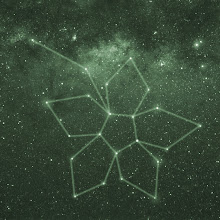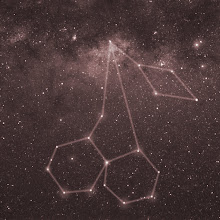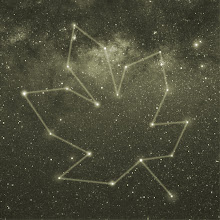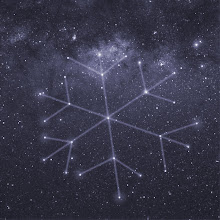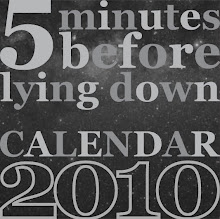
I had many feelings and expectations about what will I hear... that familiar northern tone... but in the end it changed. This is a newer Hanne, who exited that deep introspective world - as she says: "and i find it really relieving to make this sort of non introvert music now. this is a record more direct, more loud and from the hip. lyrically as well." But this exiting is partial. Until the half of the album we meet nice songs, with some rock-indie touch, but they didn't tell me any more, I missed that old excitement, crazyness, weirdness as earlier - though, besides it - they show some signs of life and loosening, more carefree moods. Especially the song Blood from a stone, which became the single, is the most "new Hanne" song on the album. The video is perfectly like Anna Ternheim's To be gone, you can watch it on her website, see the link below.
So when we get to Salt of the Earth, the mood changes and those older memories wake up in our minds. From here the tracks feature more aggressive and introspective feelings, with dissonant vocals and sounds created by anything. I mean, she likes using kitchen obejcts or other tools to play it in her music. See the lyrics menu on the website, there you find detailed informations about it. In other words, as we get to the second half of the album, the circumstances of the creation are cleaner: "i’ve been sitting on an island north for the polar circle, Senja, and composed songs for my new album which is called “Blood From a Stone”. this took about seven months, and the rest of the year 2008, i spent recording it all in Propeller studios with my regular producer Kåre Vestrheim." Fortunately, in the last track we can also hear Norwegian lyrics.
Have yourself this adventure, which is probably just a stage in a longer trip.
http://www.hannehukkelberg.com
Salt of the Earth:
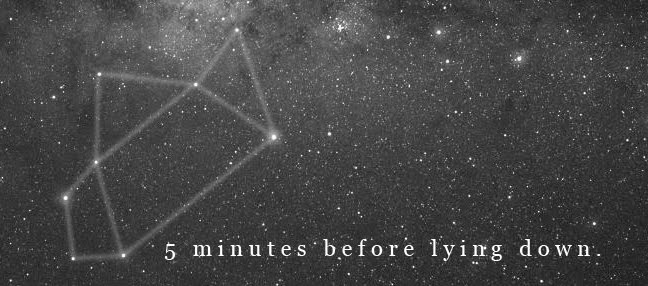
-by-Hanne-Hukkelberg_qHQiGj2Bck4x_full.jpg)















